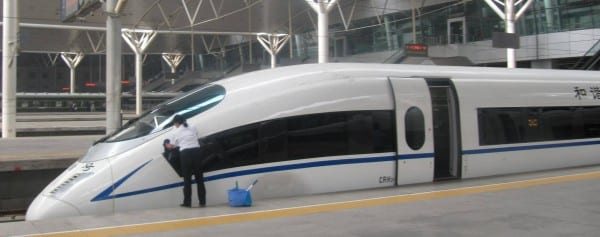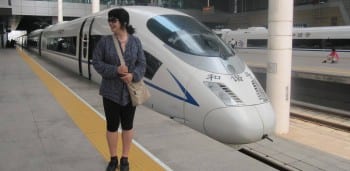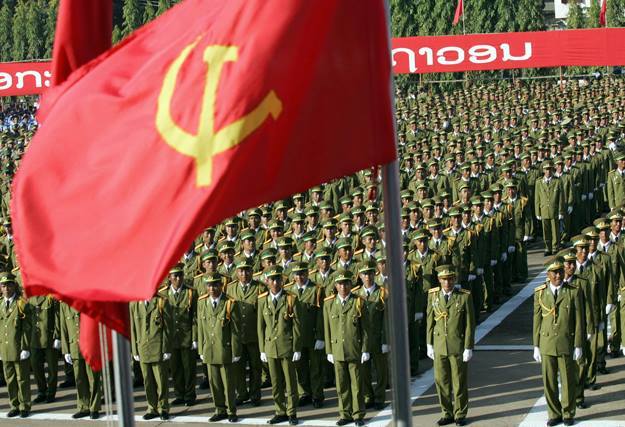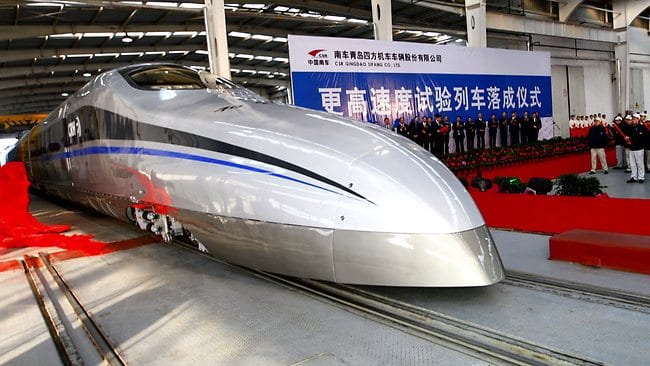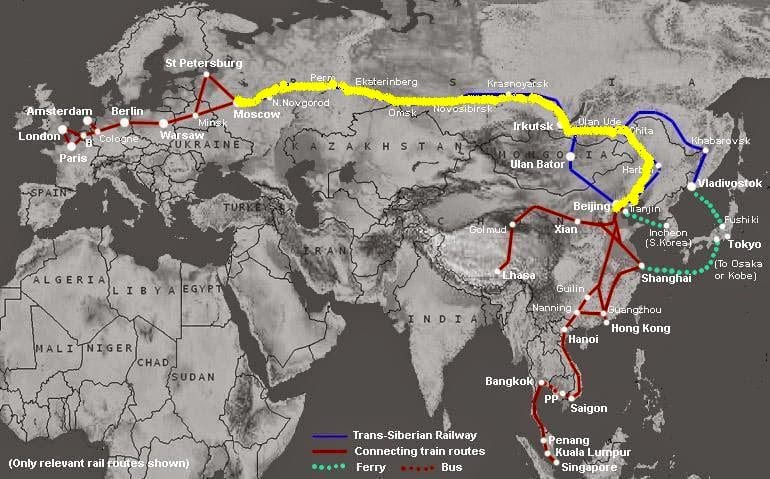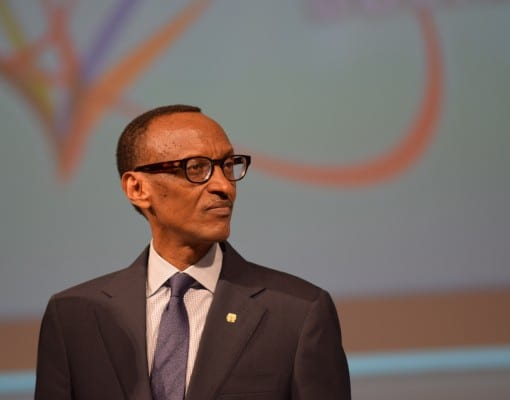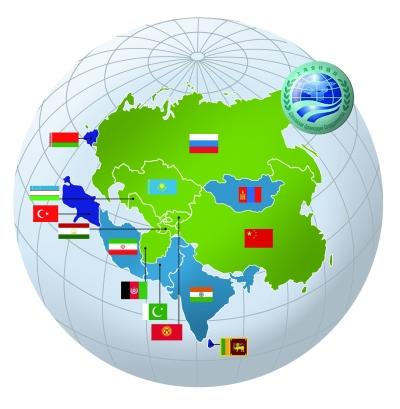The Dragon-in-the-Room: The Inexorable Rise of ‘Four-to-One’ China
Herbert Salit
All Chinese cities are experiencing a reblooming, even Hong Kong.
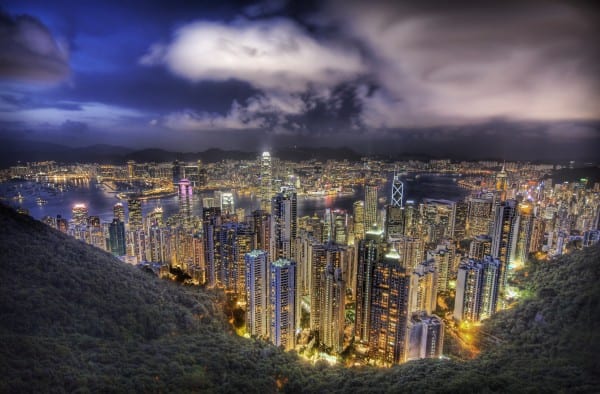
CLICK ON IMAGES TO EXPAND (ABOVE: HONG KONG VIEW VIA TREY RATCLIFF, FLICKR)
Over 500 years of brutal, rapacious Western Menace imperial world domination soon will be just a fading (bad) memory, as China emerges as the world’s ‘sole superpower.’
[dropcap]T[/dropcap]he world is changing in fundamental ways as Western empire-states lose their 500-year-long grip on the planet, and uplifting societies, comprising most of our species, become ‘the main countries,’ none more so than ‘Four-to-One’ China, the soon-to-emerge ‘sole superpower’ of the planet.
Were Uncle Sam and the other ‘Western Powers’ non-delusional, considerations of China would be front-and-center in all their thinking.
Within each Western Menace homeland, especially from their corporate-government-controlled ‘news’ media, there remains much chatter about the United States (truthfully, The US Empire Menace) and its role in each and every aspect of today’s world, for the Yankee imperium still is said to be ‘the sole remaining superpower,’ the ‘indispensable,’ ‘exceptional’ nation and society, without which the world as we know it could not function and would not even be. Yet, to honest, non-feeble-minded observers, this lofty characterization seems to be the wisdom of yesteryear, and largely a fable, at that. Events in this 21st century have shown – clearly, demonstrably and absolutely – that The US Empire Menace is in major, actually terminal, decline and retreat, as are all of its Western Menace puppet-vassal empire-states.
At the same time, this unprecedented, ongoing Occidental crumbling-down and inexorable ‘slide’ into oblivion has been, and continues to be, matched by equally great and remarkable uplift and development of so many of the former colonial victims of Western Menace imperialism, such that any number of these Non-Western societies now are among the healthiest and wealthiest of all, none more so than China. China, today, the world’s most-industrialized nation, rapidly gaining ground in high-technology, is by far the wealthiest society on the planet, and, also has the best-educated citizenry, especially in math and science. For example, from many published accounts, one can gather that China annually graduates well more than ten times the number of engineers as the entire Western Menace combined!
China’s new bullet trains put to shame America’s railroads and those of many other nations. Such investment in infrastructure contrasts markedly with the attitude seen in most advanced capitalist nations, where social investment is in decline. (Pictured: Beijing/Tianjing express. Credit: Ivan Walsh, via flickr / click images to expand)
This rapid, almost mushrooming, rise in China’s overall development – which already has lifted many hundreds of millions of their people out of grinding poverty, the legacy of Western Menace imperialism – when combined with the steady dumbing-down of Western Menace populations, and the terrible crumbling of Western Menace homeland infrastructures, means that China soon will achieve ‘per-capita-parity’ in overall development with every society in The Western Menace. Let’s stop to appreciate what this will mean. As China is home to more than four times the number of people than is The US Empire Menace Homeland, soon, such as by 2030, China – ‘Chung Gwo,’ or Center Country – will exceed the Yankee imperium by over four times in all areas: economy, wealth, industry, education, innovation and, of course, military power.
Bullet train, I. Walsh, via flickr.
Just the other week, ‘think tanks’ in The Empire’s Homeland conceded that, on a (correct) purchasing-power-parity basis, China’s economy now is at least as large as Uncle Sam’s, while it is growing much faster and more-sustainably. The real truth is that ‘The US Economy’ mostly is a ‘Potemkin’ fake (please see my piece of 18Oct2013), and China’s economy now is, by-far, the world’s largest. Also, The Pentagon has admitted (privately) that China has indeed attained overall military parity, and this is reflected in the gross mis-match of the blustering, hot-air, tough talk by Uncle Sam in his ‘pivot to Asia,’ in which, as usual, he is just bluffing, with the obvious fact that he has taken no real steps towards a military confrontation in East Asia, which China would win, handily. To help remind everyone of the coming massive preponderance of China, alone, over all things Western Menace, I have coined the useful moniker of ‘Four-to-One’ China.
Clearly, the world will be a very different place once Center Country has achieved ‘Four-to-One.’ However, even well before that major changes will ensue. Thus, by the early 2020s – the not-far-off next decade – China likely will exceed and outgun Uncle Sam by a minimum of two-to-one. Does anyone suppose that the senescent and rapidly sinking, shrinking Yankee Empire then will get away, unchallenged, with bombing, droning and sanctioning other countries around the globe, at will? Even given China’s non-imperialist, non-militarist history and nature, I don’t think so. By the 2020s, China, clearly, will be the world’s ‘sole superpower,’ fully capable of containing, defeating, and, if necessary, destroying everything Western Menace, especially with the help of their Non-Western strategic partners such as Russia, India, Brazil, South Africa and many other nations in Asia, Africa and Latin America.
The lesson for today is that in every discussion, of everything, about every Western Menace society – all of whom have lived, and continue to live, since Columbus sailed, as parasites off of the entire rest of the Humanity – ‘Four-to-One’ China, the great, new reality of the world, must be considered, at every turn. The coming ‘sole superpower’ of China, thus, is ‘The-Dragon-in-the-Room,’ who soon will have major influence on all of the globe’s happenings and events. To a significant extent, this already is so today, though the arrogant, head-in-the-sand Western Menace empire-states carry-on as if it is still the era of their long-departed heyday and hegemony of the 19th- and 20th-centuries. [The short-lived, berserk fantasy ‘New American Century’ of the late 1990s, which never achieved reality, overlooked, among so many other huge things, the now, nearly-total Western Menace de-industrialization and fraudulent ‘financialization,’ which have bankrupted all Occidental societies, rendering them terminal ‘short-timers.’]
So, even as The Western Menace now plots and plans to combat ‘ISIS’ as ‘the greatest threat the world has ever known,’ China and most Non-Western societies are watching, with disdain, for they are well-aware that it was the mendacious, imperialism-based Western Menace ‘war on terror’ that actually created ISIS and the nearly-identical Al-Qaeda before that. So far, no one has moved to block today’s renewed round of Western Menace military aggression (very-modest air-bombardments), but that forbearance won’t last. In the next decade, with ‘Four-to-One’ China as the world’s ‘sole superpower,’ the ever-smaller-scale, rapidly-aging air fleets of NATO would be quickly and firmly cleared from the skies.
Thus, Uncle Sam and all other leaders of his Western Menace puppet-vassal empire-states would be very uncharacteristically wise to acknowledge and consider ‘The-Dragon-in-the-Room,’ at all times, in all of their ‘thinking,’ lest these Occidental, parasitic societies inadvertently kick-off sudden blow-back changes to the world’s current, fragile ‘international order’ that still grossly favors them and enables their stolen ‘Western way of life. Of course, nothing that anyone or anything in The Western Menace might do today, or in the future – such as fomenting more ‘revolutions,’ bombing campaigns, drones, ‘fifth column actions,’ cyber attacks, secret financial ploys or sanctions, – would be able to stop or even measurably slow the inexorable, massive tectonic changes embodied in Western Menace decay and simultaneous Non-Western, especially Chinese, uplift.
As things now stand, Western Menace societies don’t have all that much time left, but if they want to live, at all, into the 2020s and beyond, they’d better quit acting like they’re still ‘kings-of-the-hill.’
***
Given ‘Four-to-One’ China’s probable place as a ‘Center Country’ for Humankind’s foreseeable future, it is quite likely that over the long-run, it will become generally-accepted that the single most-significant event in 20th century Human history was the founding of The People’s Republic of China.
Also, given that China and Russia clearly will be very important societies in Humanity’s soon-to-come Post-Western Menace future, is it really true that ‘communism’ failed?
***
Herbert Salit
Los Angeles, CA
[box] ABOUT THE AUTHOR
Herbert Salit is a writer living in Los Angeles. He can be contacted at herbsalit@roadrunner.com.
Author’s Website: http://blackagendareport.com/blog/11280 [/box]
What is $1 a month to support one of the greatest publications on the Left?
